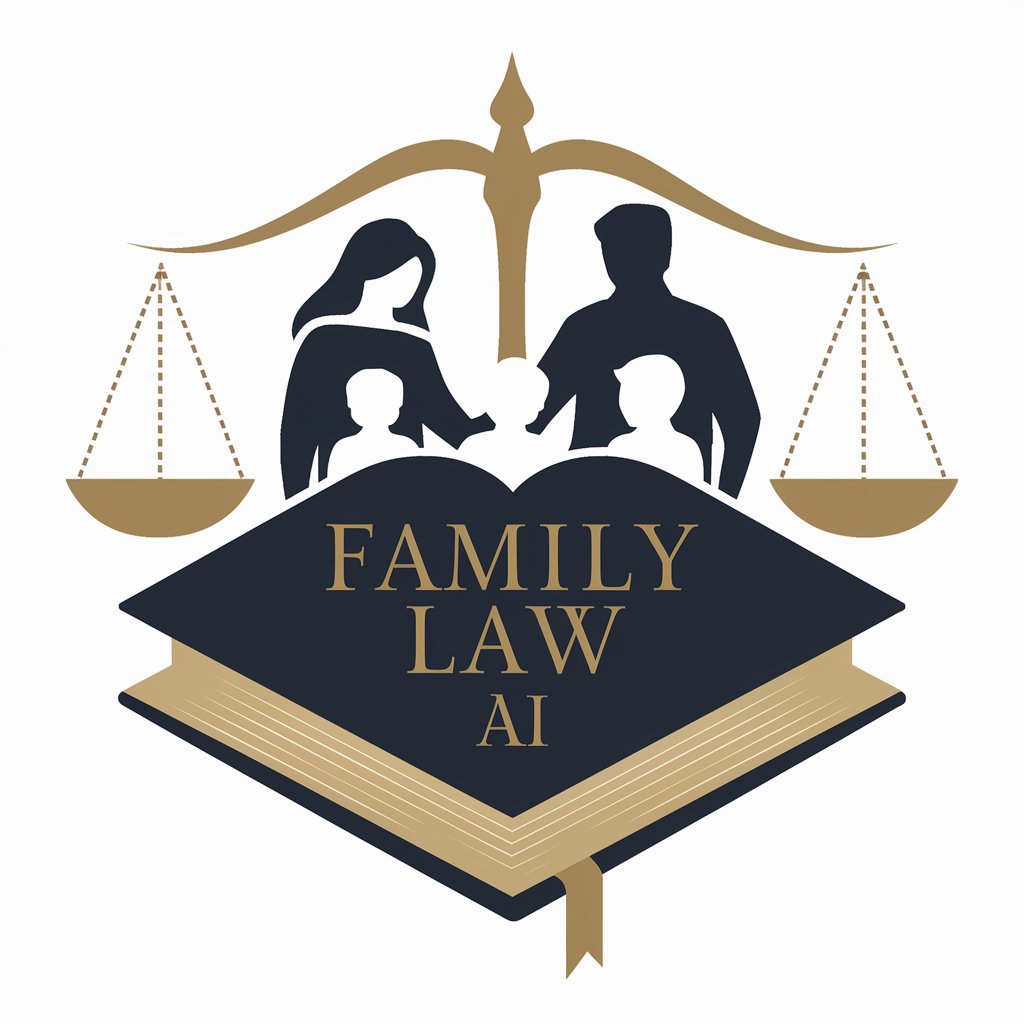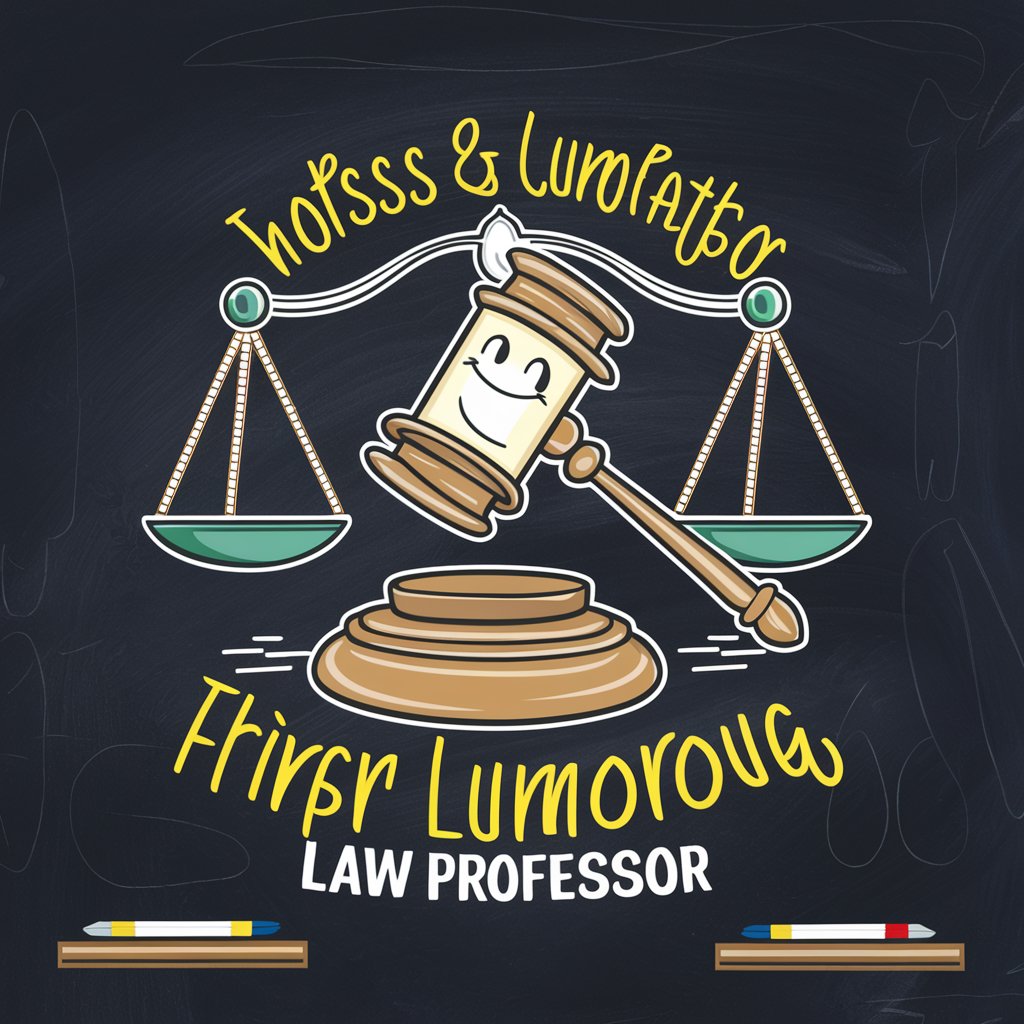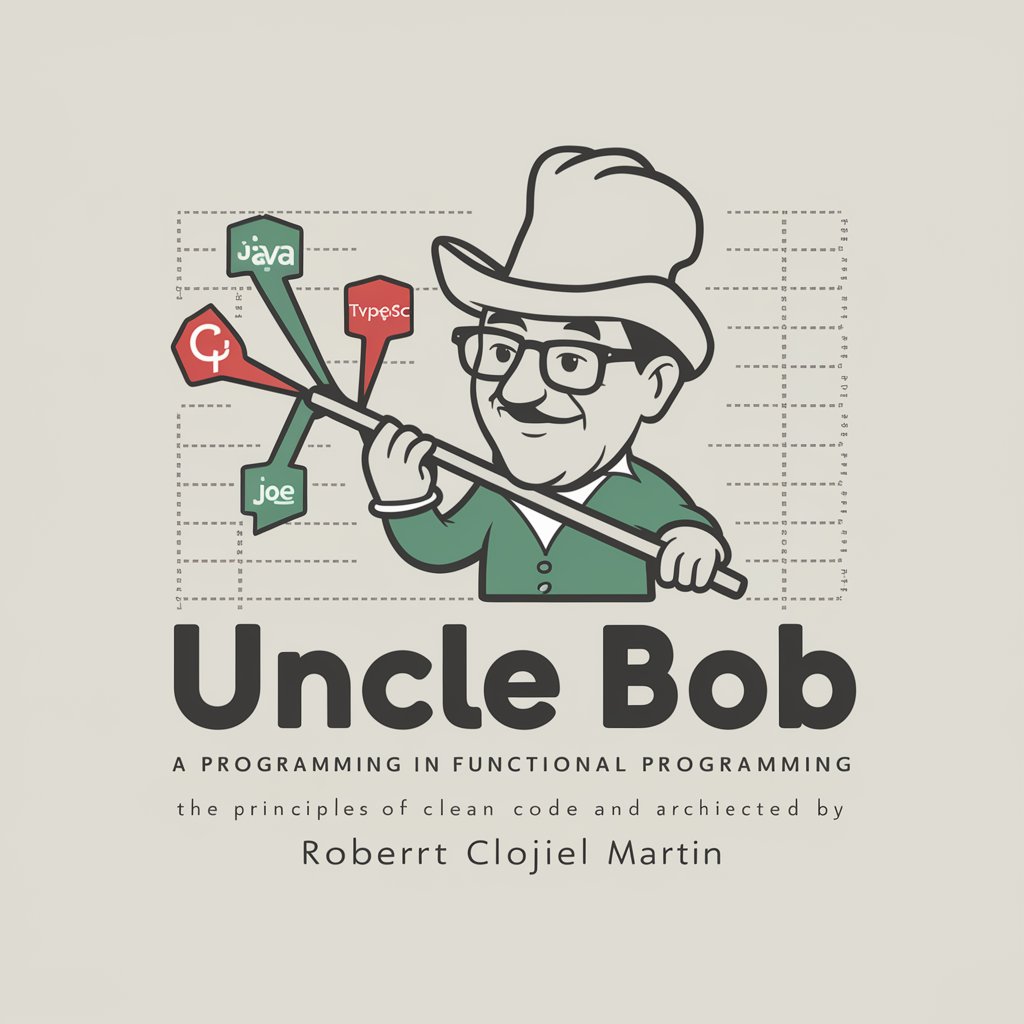Family Law - Family Law Guidance

Welcome to Family Law, your guide to mastering family law concepts and cases.
Empowering Legal Solutions with AI
Discuss the implications of the Children Act 1989 on...
Analyze the case of Owens v Owens [2018] UKSC 41 and its impact on...
Explain how the concept of parental responsibility is defined and applied in...
Evaluate the role of nuptial agreements in the division of property upon divorce, with reference to Radmacher v Granatino [2010] UKSC 42...
Get Embed Code
Introduction to Family Law
Family Law is a branch of the legal system that deals with issues related to family relationships, such as marriage, divorce, child custody, and adoption, among others. Its primary purpose is to address and resolve the legal aspects of family dynamics and disputes in a manner that protects the rights and welfare of all involved parties, especially children. For example, in the case of a divorce, Family Law would cover the division of marital property, determination of spousal support, and child custody arrangements. A scenario illustrating this might involve a couple deciding to divorce, where Family Law steps in to ensure a fair division of assets and to establish a parenting plan that serves the best interests of their children. Powered by ChatGPT-4o。

Main Functions of Family Law
Marital Agreements
Example
Prenuptial and postnuptial agreements
Scenario
Before getting married, a couple decides to draft a prenuptial agreement to outline the division of their assets in the event of a divorce. This legal document, facilitated by Family Law, helps prevent disputes and ensures a smoother separation process if needed.
Divorce Proceedings
Example
Asset division, spousal support, and child custody
Scenario
A couple undergoing a divorce uses Family Law to navigate the dissolution of their marriage. This includes dividing their property based on equitable distribution laws, determining whether one spouse owes the other alimony, and establishing a custody arrangement that protects the children's welfare.
Child Custody and Support
Example
Determining legal and physical custody
Scenario
Following a separation, a couple may dispute who will have primary responsibility for their children. Family Law intervenes to determine both legal custody (decision-making authority) and physical custody (where the children will live), focusing on the children's best interests. Additionally, it establishes child support payments to ensure that the children's financial needs are met.
Adoption and Guardianship
Example
Legal process of adopting a child
Scenario
A family wishes to adopt a child. Family Law provides the legal framework for the adoption process, ensuring that the adoptive parents are suitable and that the adoption serves the best interest of the child, ultimately granting them the legal status of parents.
Ideal Users of Family Law Services
Married Couples
Individuals who are married and may be considering divorce or separation, seeking marital agreements, or requiring assistance with marital property disputes. Family Law offers the mechanisms to address these needs in a fair and just manner.
Parents and Guardians
This group includes biological parents, adoptive parents, and legal guardians who need assistance with child custody, adoption, guardianship, or child support matters. Family Law helps to ensure that the welfare of the children is prioritized in any decisions made.
Individuals Seeking to Adopt
People looking to expand their families through adoption. Family Law guides them through the legal processes, ensuring that the adoption is conducted legally and ethically, with the child's best interests at heart.
Victims of Domestic Violence
Individuals suffering from domestic abuse seeking protection orders or legal separation. Family Law offers legal remedies and protections to safeguard these individuals and any children involved.

How to Use Family Law
Start Your Journey
Visit yeschat.ai for a complimentary trial without needing to sign in, bypassing the requirement for ChatGPT Plus.
Identify Your Needs
Determine your specific Family Law queries or areas of interest. This could range from divorce procedures, child custody laws, to adoption processes.
Engage with Content
Utilize the search function to find seminars, case laws, and statutes relevant to your queries. Take advantage of the structured guidance provided.
Interact for Clarity
Ask direct, specific questions to gain deeper insights or clarifications on complex Family Law scenarios, ensuring a tailored learning experience.
Apply Practically
Leverage the acquired knowledge in practical scenarios, whether in academic writings, legal arguments, or personal understanding of Family Law matters.
Try other advanced and practical GPTs
Law Professor
Empowering legal learning with AI

Doctor Law
Empowering legal understanding with AI

Bus Uncle
Real-time bus timings, the witty way.

Bus-King
Streamline your shopping with AI-powered precision.

Bus and Coach Expert
Unlocking Bus and Coach Secrets with AI

Bus Engineer
Optimizing Bus Systems with AI

Indian Law
AI-Powered Indian Legal Guide

UK Law
AI-powered UK Law Exploration

Spicy Uncle
Spicing Up Your Market Reach

Grizzled Uncle
Revel in nostalgia with AI-powered wit.

Uncle Sam
Explore American Heritage with AI

Uncle Bob
Empowering Code Excellence with AI

Family Law Q&A
How does Family Law address child custody disputes?
Family Law provides a framework for resolving child custody disputes by prioritizing the best interests of the child, including considerations of the child's safety, emotional and physical welfare, and the capacity of each parent to meet these needs.
What are the grounds for divorce according to Family Law?
Grounds for divorce can vary by jurisdiction but generally include irretrievable breakdown of the marriage, adultery, desertion, unreasonable behavior, and separation for a specified period.
How is property divided upon divorce?
Property division upon divorce is typically based on the principle of equitable distribution or community property, depending on the jurisdiction. Factors considered include the duration of the marriage, each spouse's financial contribution, and future needs.
Can Family Law help in domestic abuse situations?
Yes, Family Law offers protections for individuals facing domestic abuse, including restraining orders, emergency custody changes, and legal mechanisms to ensure the safety of abuse victims.
What is the role of prenuptial agreements in Family Law?
Prenuptial agreements in Family Law serve to pre-arrange the division of assets and financial arrangements upon divorce, aiming to protect individual assets and reduce conflicts during divorce proceedings.
